17 March 2023 Bangkok – The Embassy of Thailand and the Embassy of Sweden have joined forces with SCG and partners in the effort to explore a global sustainable forest management model from Sweden, the country that is the world’s third largest exporter of sawn timber and a leader in environmental protection. The collaboration is established to share forest management innovations that achieve a balance between nature conservation and economic goals. Among success stories are the restoration of degraded forests countrywide from 25% to 75%, commercial forestry, and its economic growth, such as lumber for major construction and furniture. As part of the ” Thailand and Sweden Sustainable Week 2023″, this event intends for the public, private, and civil sectors to explore this concept to promote sustainability in Thailand.
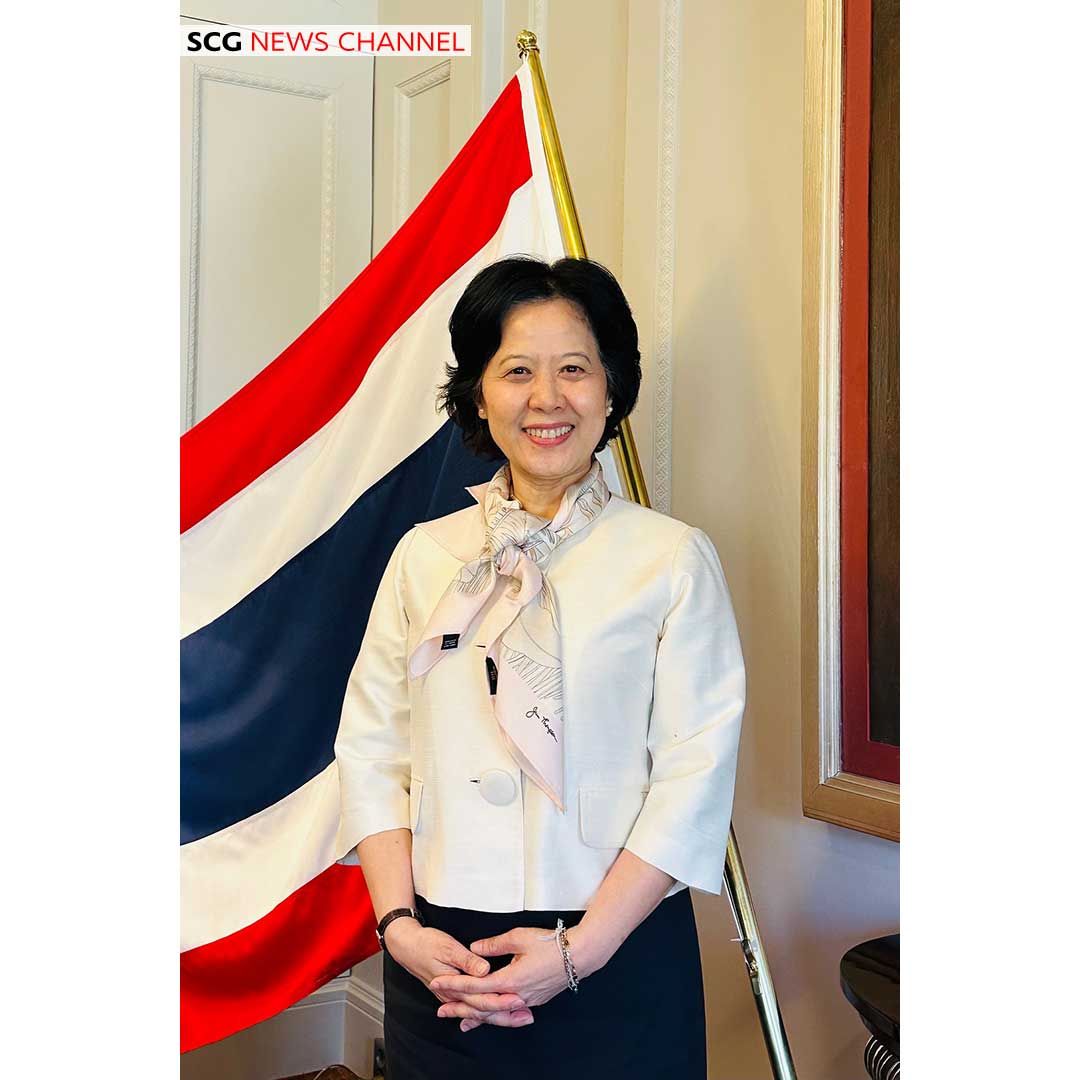
H.E. Mrs. Arunrung Phothong Humphreys, Ambassador of Thailand to Sweden in Stockholm, said, “The Embassy’s mission is to energize innovation towards sustainability by fostering cross-sector collaboration to explore ideas that will help address problems and create sustainable growth for Thailand. Sweden’s sustainable forest management, which is shared today, is a means to connect forests, communities, and economies to flourish together. It establishes a bond between the forest and the people, in line with His Majesty the late King Bhumibol Adulyadej’s ‘Plant a tree in people’s hearts’ speech, which teaches people to understand why we need to plant trees and what the benefits are. Suppose we can build an industrial system and forest business that allows people in the community to earn a living from the forest and recognize its value. In that case, everyone involved will work together to manage the forest appropriately and sustainably. Today’s exchange of knowledge on forest management concepts is extremely important and is part of Thailand and Sweden Sustainable Week 2023.”
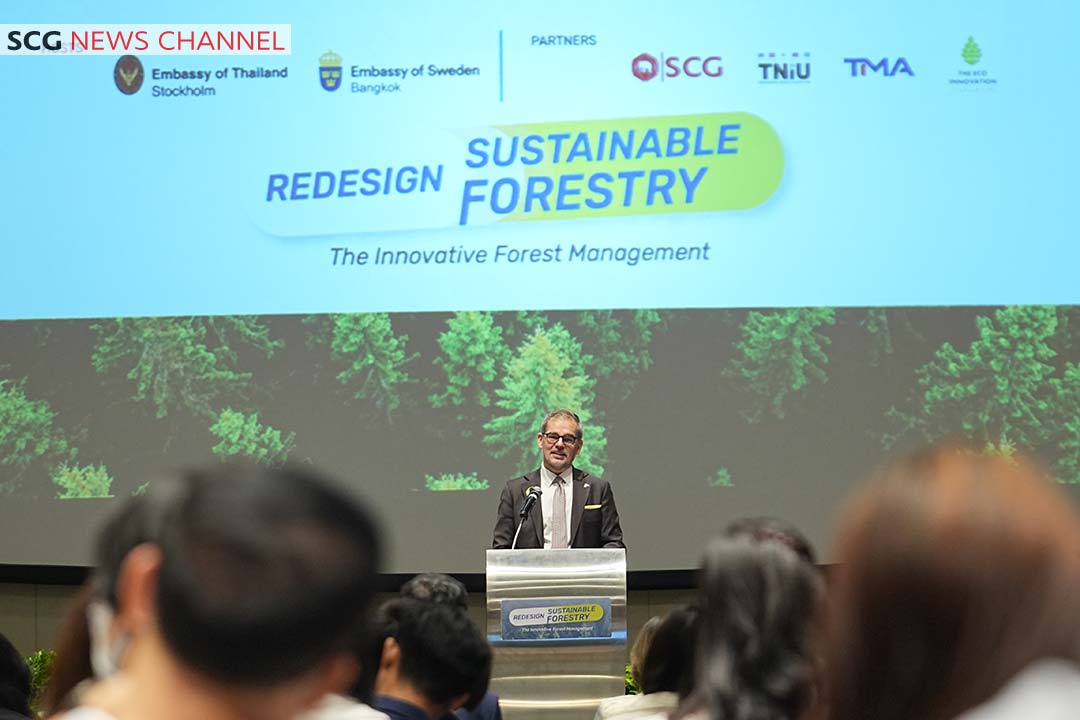
H.E. Mr. Jon Åström Gröndahl, Ambassador of Sweden to Thailand, said, “A key driver that makes Sweden rise to the world’s third largest exporter of timber, with annual revenues of more than $15 billion, and an increase of green space from 25% to 75% a century ago, is the implementation of the Forestry Act, which demands replanting after cutting. If one tree is chopped down, at least three more need to be planted. Aside from gaining more forest areas, a thriving ecosystem that helps absorb carbon dioxide is established that not only help mitigate the effects of climate change and fostering a harmonious coexistence between humans and nature, but also allow humans to utilize the forest and contribute to the restoration of the forest altogether. As a result, it generates forests that are vital to the economy and contribute to creating jobs and income for people, such as wood for the construction of contemporary buildings, lumber for furniture, and wood byproducts utilized as biomass fuel. The Swedish government hopes that the model and experiences discussed today will lead to a collaboration between the two nations to expand this concept of sustainability.”
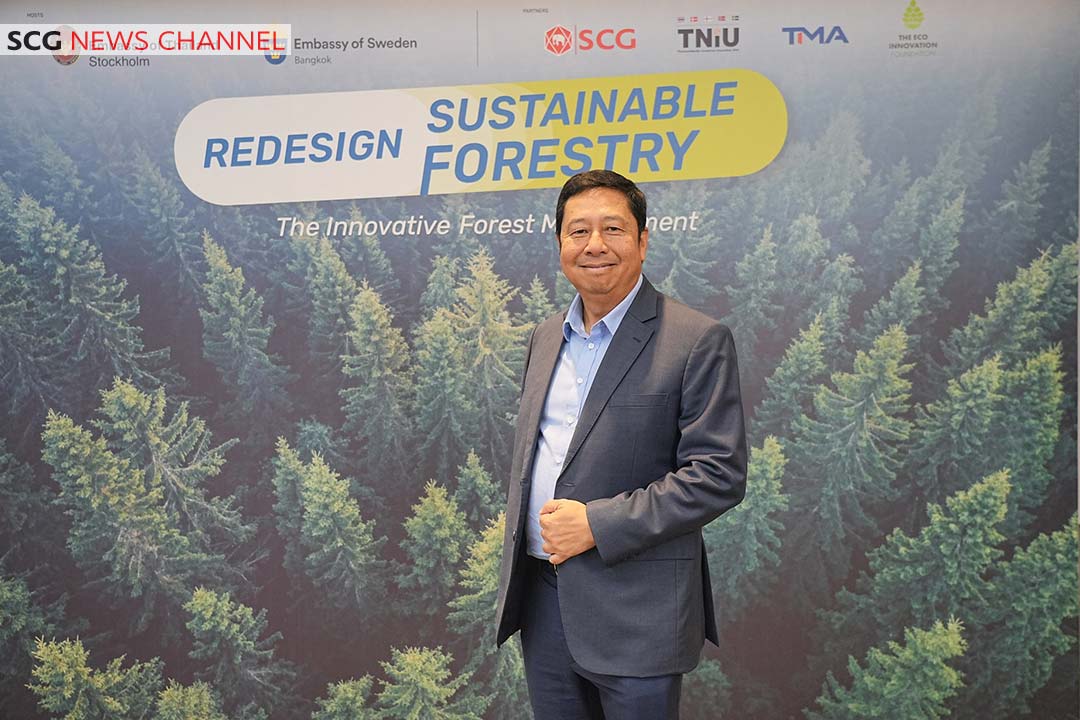
Nithi Patarachoke, President of Cement-Building Materials Business, SCG, said, “SCG recognizes the significance of the sustainable forest management model in Sweden. It is a good starting point for Thailand, allowing all sectors to explore and apply suitably to the country’s context. SCG places importance on the conservation of forests in cement mining areas to ensure the abundance of ecosystems and increase reforestation of terrestrial forest areas, mangroves, and seagrasses, as well as water management to maintain abundant forests in the project ‘Conserving Water from Mountain to Mighty River’. It has planted 1.2 million trees and built 115,000 check dams, which help 306 communities and 57,000 households nationwide. The water resource can be used for consumption and agriculture, creating jobs for more than 2,550 people and reducing income inequality, where people can earn five times more. The goal is to plant trees on 3 million rai of land and absorb 5 million tons of carbon dioxide to achieve net zero by 2050, in line with ESG 4 Plus.
In addition, SCGP, which uses eucalyptus wood as its main raw material, has applied a sustainable forest management system in accordance with the Forest Stewardship Council (FSC) standard to economic reforestation areas, along with the development of innovations of new eucalyptus species and various technologies to increase the quality of planting, thereby creating an annual economic value of more than 3,800 million baht for farmers.
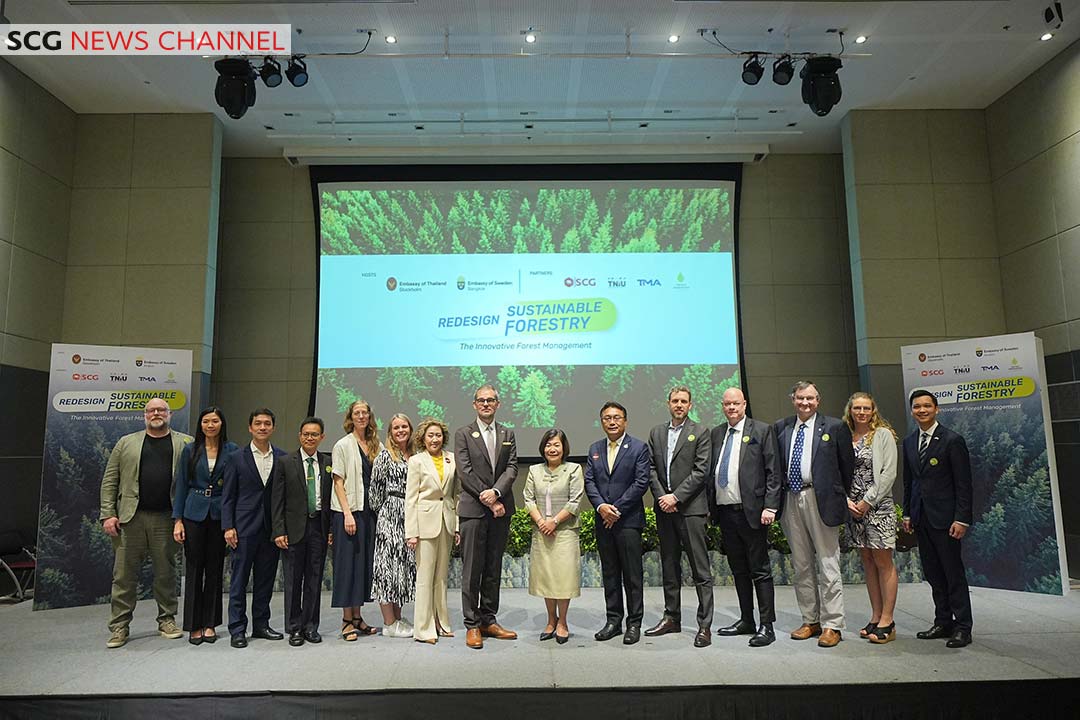
SCG would like to welcome all sectors, domestic and foreign, to explore, expand, and reimagine the management of Thailand’s forest lands. The goal is to generate more forest areas and utilize forest benefits to create tangible economic growth for the nation and the region.”
The “Thailand and Sweden Sustainable Week 2023″ is held throughout the week between 17-22 March 2023. The push for concrete cross-sector collaboration between Thailand and Sweden will help advance Thailand’s development toward greater sustainability, particularly in sustainable forests and urbanization, while creating new business prospects related to sustainability. For more information, please visit TNIU’s Facebook page at www.facebook.com/TNIUThailandNordicInnovation
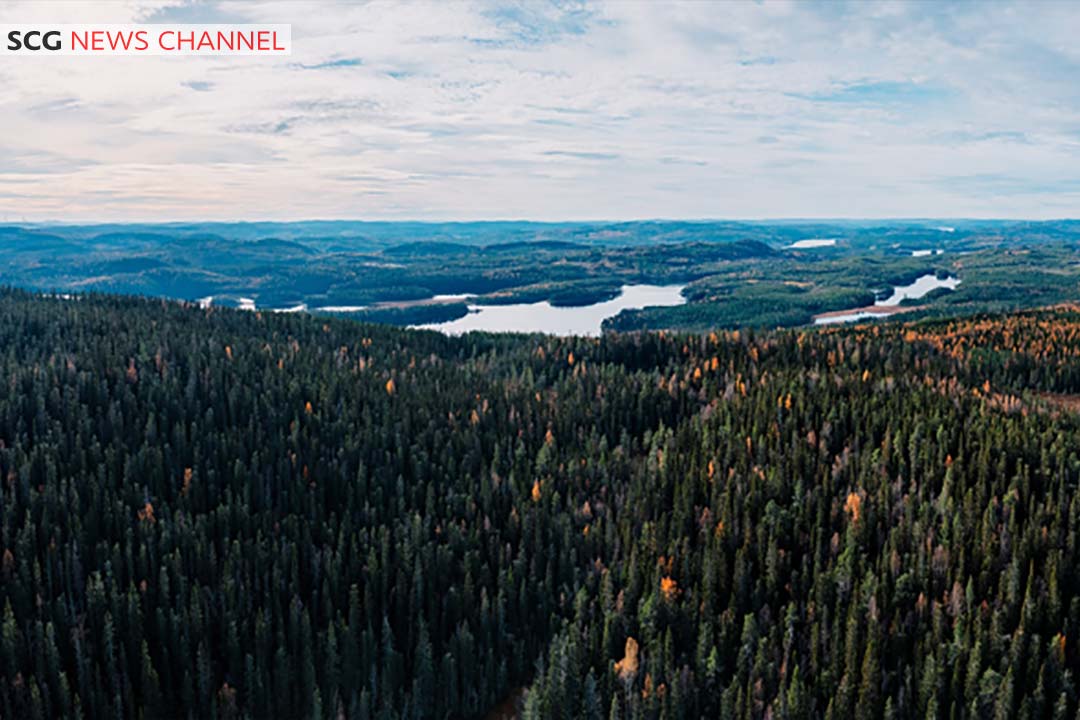
Published on: Mar 17, 2023